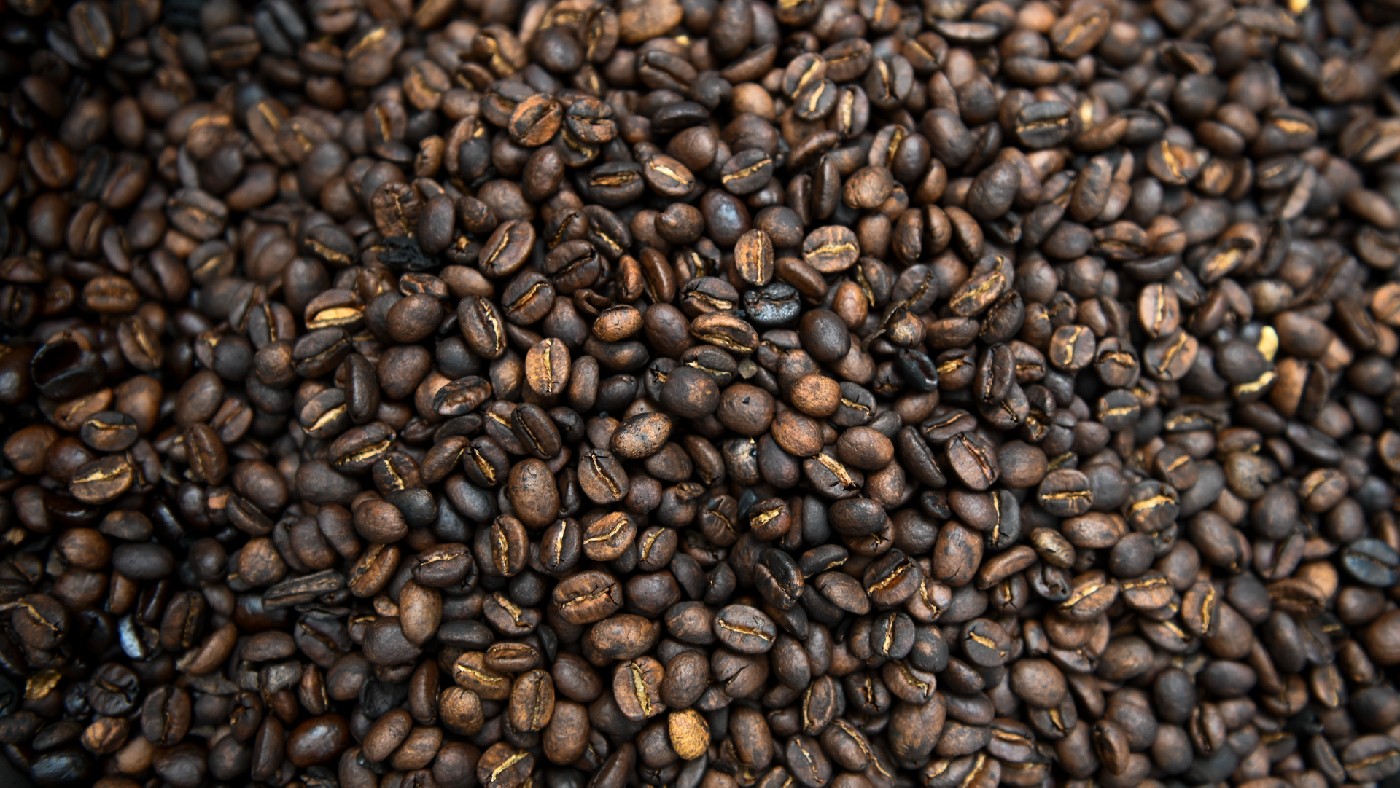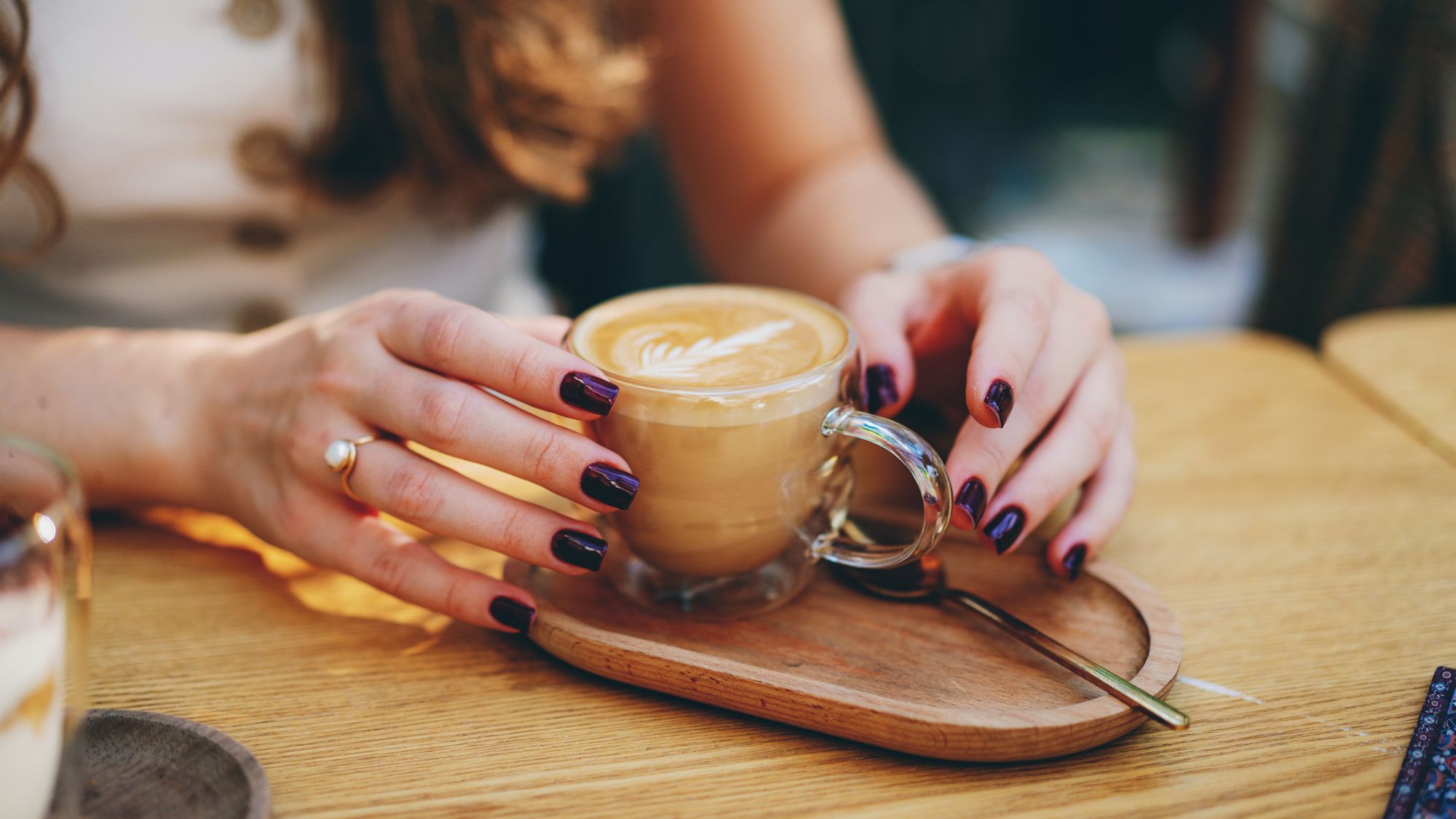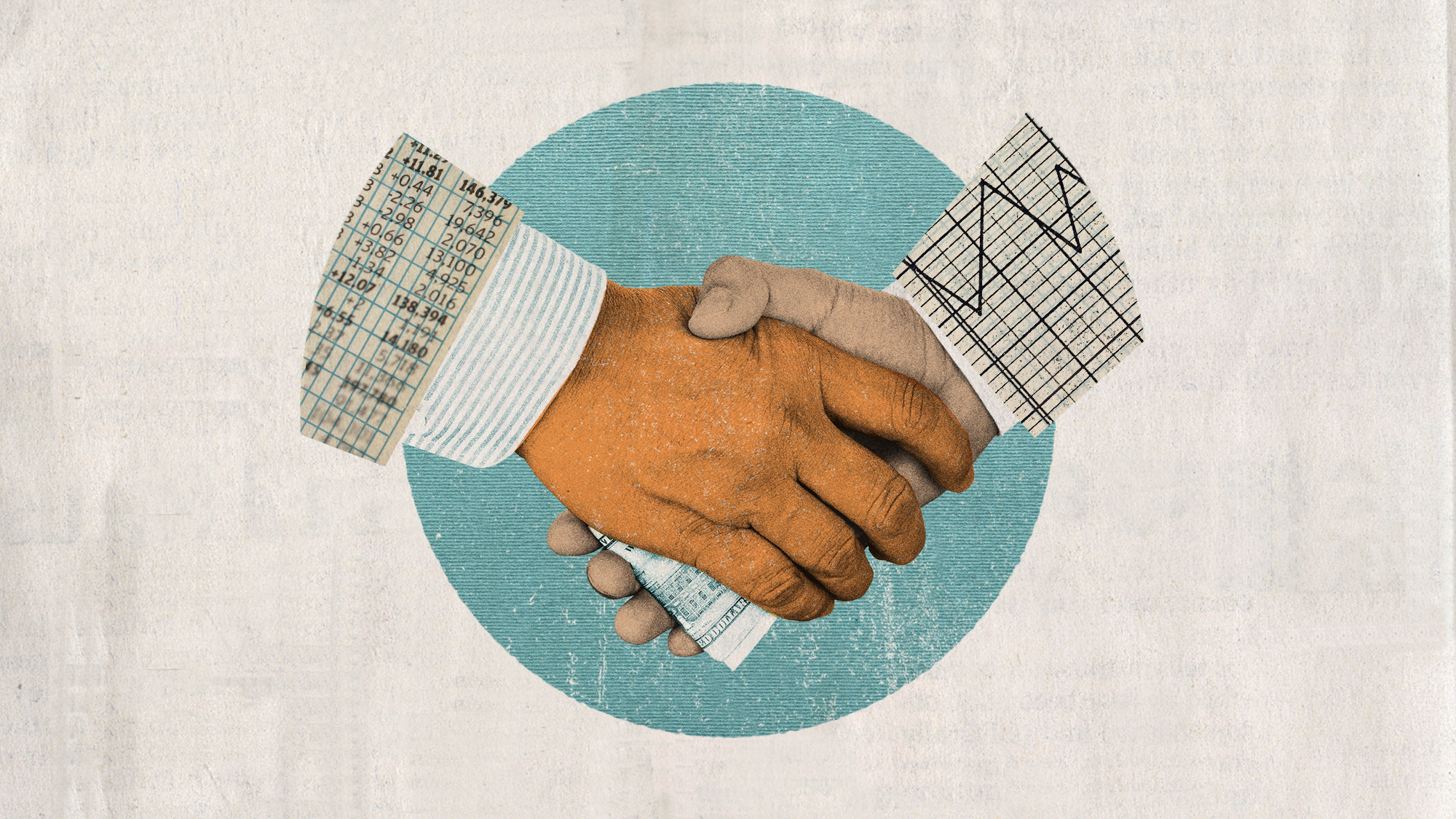Is coffee running out?
Disruption caused by Vietnamese Covid restrictions is causing concern for the global supply

A free daily email with the biggest news stories of the day – and the best features from TheWeek.com
You are now subscribed
Your newsletter sign-up was successful
Could your daily flat white soon become a thing of the past – or at least a more expensive rare treat?
The disruption of supply chains in Vietnam – the world’s second-largest coffee exporter – due to Covid-19 lockdown restrictions is leading to uncertainty about global coffee distribution.
The south-east Asian country has “struggled to control the more contagious Delta variant”, The Guardian reported, leading to the tightening of lockdown measures in the port of Ho Chi Minh City, from where most of Vietnam’s coffee is exported. Covid-related restrictions have also been introduced in some coffee-growing areas of the Central Highlands, further disrupting the supply chain.
The Week
Escape your echo chamber. Get the facts behind the news, plus analysis from multiple perspectives.

Sign up for The Week's Free Newsletters
From our morning news briefing to a weekly Good News Newsletter, get the best of The Week delivered directly to your inbox.
From our morning news briefing to a weekly Good News Newsletter, get the best of The Week delivered directly to your inbox.
According to traders and suppliers, “exporters are struggling to transport beans to the ports for shipment”, said Bloomberg. This is adding to “a raft of other logistical problems”, including a “dire shortage of containers and soaring freight rates”.
The Vietnam Coffee-Cocoa Association is one of several trade groups petitioning the government to ease the restrictions, claiming that they “cause delays, raise costs and put shippers at risk of having to compensate buyers for late delivery”, added Bloomberg.
In response, Vietnam’s transport minister ordered authorities “to do everything possible to facilitate the transport of farm products, such as coffee and rice” as well as avoid “all unnecessary requirements and burdensome paperwork”.
Vietnam is not the only country currently experiencing supply-chain disruption. Unseasonably cold weather that damaged crops in Brazil – the world’s biggest coffee producer – has led to a rise in the cost of beans, said The Guardian.
A free daily email with the biggest news stories of the day – and the best features from TheWeek.com
On August 6, Reuters reported that a combination of the “most devastating frost” Brazil had seen since 1994 with “record freight costs sparked by Covid-19 causing massive shipping log-jams” are expected to “push retail prices to multi-year highs” over the next few weeks.
Local reports claimed that the frost damage was so severe that some Brazilian coffee farmers may need to replant trees, meaning it could take them “up to three years to resume production”, said the BBC.
Already, the price of green coffee beans has reached “the highest level in almost seven years”, said Reuters, with the price of arabica and the bitter-tasting robusta coffee rising to multi-year highs.
But, added The Guardian, consumers are unlikely to have noticed “any immediate increase” in the cost of their cappuccinos, as most suppliers “have contracts that are locked in for six months”. The picture will be clearer in early 2022, when the full result of Brazil’s harvest is known and there is more clarity surrounding Vietnam’s Covid situation.
A rise in coffee prices will increase food bills at a time when many consumers are struggling financially as a result of the pandemic: by the end of 2020, 700,000 people in the UK had been plunged into hardship, reported The Big Issue. Since then, the situation has worsened. The UN food agency’s index of world food prices for July 2021 “showed a year-on-year rise of 31%”, said Reuters.
Kate Samuelson is The Week's former newsletter editor. She was also a regular guest on award-winning podcast The Week Unwrapped. Kate's career as a journalist began on the MailOnline graduate training scheme, which involved stints as a reporter at the South West News Service's office in Cambridge and the Liverpool Echo. She moved from MailOnline to Time magazine's satellite office in London, where she covered current affairs and culture for both the print mag and website. Before joining The Week, Kate worked at ActionAid UK, where she led the planning and delivery of all content gathering trips, from Bangladesh to Brazil. She is passionate about women's rights and using her skills as a journalist to highlight underrepresented communities. Alongside her staff roles, Kate has written for various magazines and newspapers including Stylist, Metro.co.uk, The Guardian and the i news site. She is also the founder and editor of Cheapskate London, an award-winning weekly newsletter that curates the best free events with the aim of making the capital more accessible.
-
 Is Andrew’s arrest the end for the monarchy?
Is Andrew’s arrest the end for the monarchy?Today's Big Question The King has distanced the Royal Family from his disgraced brother but a ‘fit of revolutionary disgust’ could still wipe them out
-
 Quiz of The Week: 14 – 20 February
Quiz of The Week: 14 – 20 FebruaryQuiz Have you been paying attention to The Week’s news?
-
 The Week Unwrapped: Do the Freemasons have too much sway in the police force?
The Week Unwrapped: Do the Freemasons have too much sway in the police force?Podcast Plus, what does the growing popularity of prediction markets mean for the future? And why are UK film and TV workers struggling?
-
 Companies are increasingly AI washing
Companies are increasingly AI washingThe explainer Imaginary technology is taking jobs
-
 Why is pizza in decline?
Why is pizza in decline?In the Spotlight The humble pie is getting humbler
-
 How prediction markets have spread to politics
How prediction markets have spread to politicsThe explainer Everything’s a gamble
-
 SiriusXM hopes a new Howard Stern deal can turn its fortunes around
SiriusXM hopes a new Howard Stern deal can turn its fortunes aroundThe Explainer The company has been steadily losing subscribers
-
 How will China’s $1 trillion trade surplus change the world economy?
How will China’s $1 trillion trade surplus change the world economy?Today’s Big Question Europe may impose its own tariffs
-
 Coffee jitters
Coffee jittersFeature The price of America’s favorite stimulant is soaring—and not just because of tariffs
-
 Job hugging: the growing trend of clinging to your job
Job hugging: the growing trend of clinging to your jobIn the Spotlight People are staying in their jobs longer than ever
-
 Is Trump America's CEO?
Is Trump America's CEO?Talking Points The party of free enterprise turns to 'cronyism'